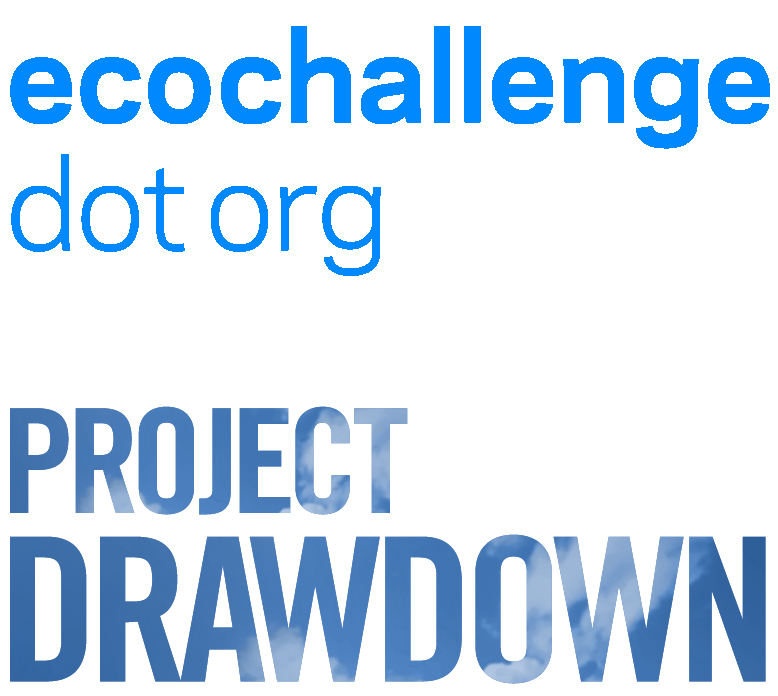Putting Climate Solutions into Action
Drawdown Ecochallenge is a fun and social way to connect the dots between climate solutions and climate actions to help reverse climate change.
join 71 other participants

Connect the dots between climate solutions and climate actions to help reverse climate change with Drawdown Ecochallenge!
Drawdown Ecochallenge is offered in partnership by Ecochallenge.org and Project Drawdown. Together, we're taking action on the most substantive solutions to climate change. Stretch your limits, earn points, and see your positive impact grow. Take the challenge, and see how a few weeks of action add up to a lifetime of change for you and the planet.
Ecochallenge.org's social change platform + curriculum connect a global community of advocates and changemakers, each doing what we can, in ways that are most relevant to us, to make this great spinning dot we call home a healthier, more equitable, more sustainable place.
Drawdown Ecochallenge is offered in partnership by Ecochallenge.org and Project Drawdown. Together, we're taking action on the most substantive solutions to climate change. Stretch your limits, earn points, and see your positive impact grow. Take the challenge, and see how a few weeks of action add up to a lifetime of change for you and the planet.
Ecochallenge.org's social change platform + curriculum connect a global community of advocates and changemakers, each doing what we can, in ways that are most relevant to us, to make this great spinning dot we call home a healthier, more equitable, more sustainable place.
Drawdown Ecochallenge 2026 participants
SEE ALL PARTICIPANTS
0123456789
0123456789
0123456789
0123456789
Collective Impact
View total impactParticipant Feed
-
March 3 at 8:26 PMTrying to figure out which ones to do right now-was a little late in joining as I got distracted by a series of exams.
-
March 3 at 8:24 PMSince I'm doing meatless meals for this challenge too, I made veggie sushi rolls tonight! They turned out really good, I added rice, soy sauce, cucumbers, carrots, lettuce, and snap peas. 10/10 would make again
-
March 2 at 11:32 PMFirst, but I will use another way to replace the wake-up